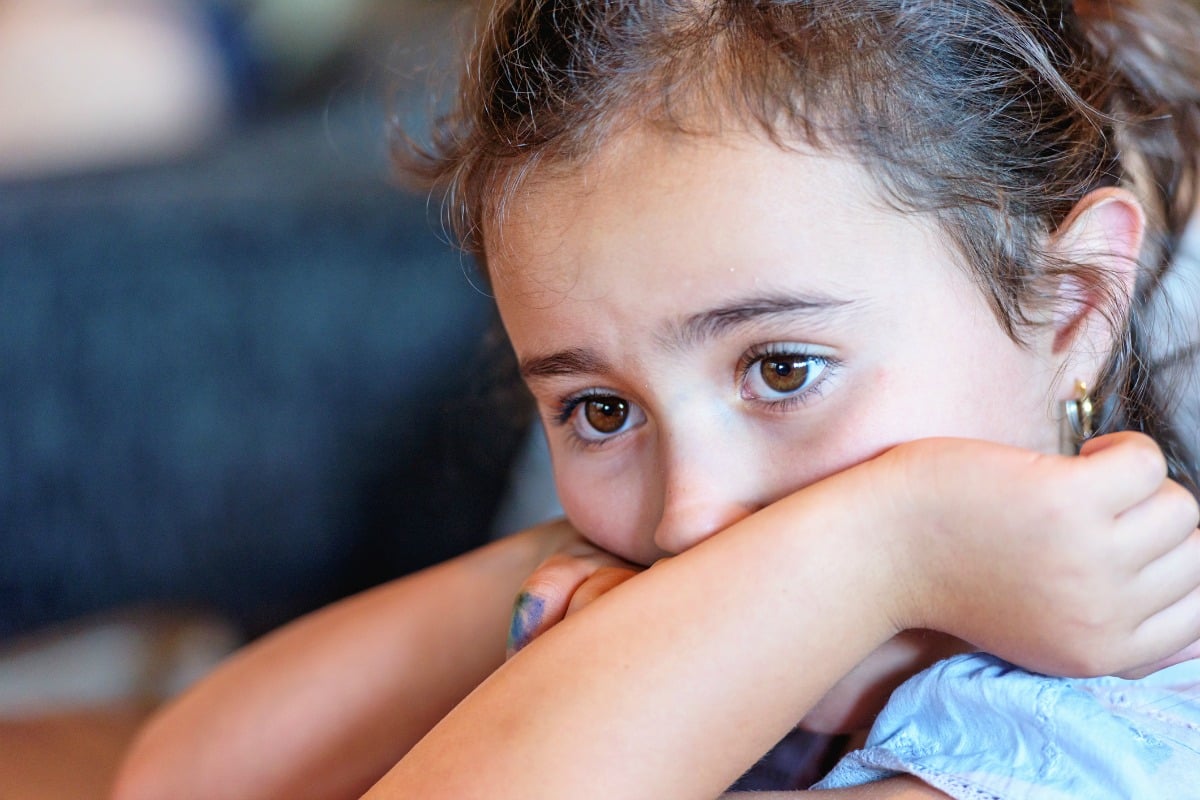

Mamamia has launched a new campaign called #ItWasInvisible to shine a light on the unseen stories and signs of financial abuse, along with finance and community partners.
This article contains references to domestic abuse and may be triggering for some readers. If you or someone you know is affected by domestic violence, please call 1800 RESPECT (1800 737 732).
The feature image used is a stock photo.
When we hear stories of domestic abuse – whether in the media or in the broad tapestry of our social circles – many of us, either out loud or in the privacy of our own thoughts, ask the same question:
“Why didn’t she (or he) leave?”
“Why would you stay?” we ask. Why would you remain in a dangerous situation, instead of trying to get out?
It’s a question that doesn’t necessarily have a sinister intention. In a sense, it’s an attempt to distance ourselves from the possibility that it could ever be us who finds ourselves victim to intimate partner abuse. So we tell ourselves a convenient story: that people who are abused make mistakes. That they make bad choices. That something about their behaviour is what keeps them there.
The scary reality is that this simply isn’t true.
If you ask a victim, or an expert, or someone working on the front lines of domestic violence services “why didn’t she leave?”, they have simple answers – and ones with plenty of conviction.





























































































